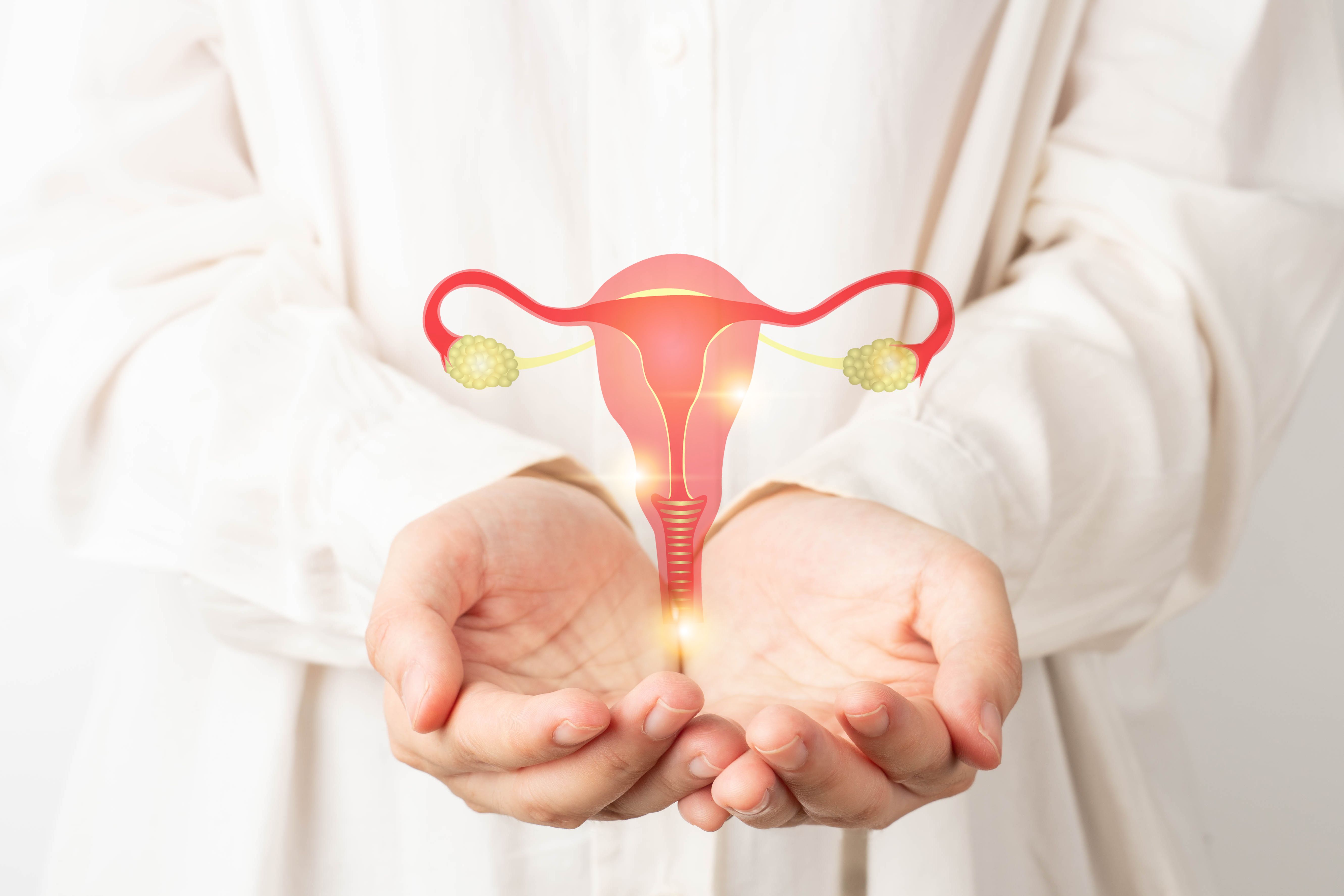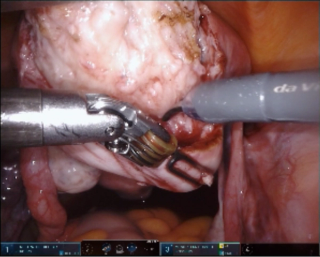
Gynecology
Latest News

Latest Videos
CME Content
More News

In a recent study presented at the 25th Annual Fall Scientific Meeting of SMSNA, similar diagnosing success was reported between self-diagnosis and diagnosis from a health care provider for vaginismus.

A recent study suggests that postoperative endometriosis patients experience improved quality of life through hormone therapies guided by optimizing treatment based on individual hormonal receptor profiles.

In a recent study, similar rates of live birth and other pregnancy outcomes were reported between patients receiving double- vs single-layer uterine closure following cesarean delivery, indicating a lack of superiority from a single method.

A recent study shows that adding metronidazole to cefazolin significantly lowers the risk of surgical site infections in gynecologic cancer surgeries, enhancing patient outcomes.

Nanette Santoro, MD, and Lauren Streicher, MD, MSCP, briefly highlight why they feel the annual Menopause Society is a great place for learning and collaboration.

In a recent study published in The Journal of Sexual Medicine, Sildenafil Cream, 3.6% was indicated as safe and well-tolerated for use against female sexual arousal disorder in healthy premenopausal women.

A case series study shows women with absolute uterine-factor infertility who achieve a successful graft survival from uterus transplants may have greater conception success.

A new pilot study published in the International Urogynecology Journal found that Materna Medical’s Prep Device, a pelvic floor dilator, reduced full levator ani muscle avulsion during vaginal delivery in first-time mothers.

Review some of the top stories from the Contemporary OB/GYN website over the last week, and catch up on anything you may have missed.

A study found that both synthetic and nonsynthetic slings show similar success rates for treating stress urinary incontinence in women, with synthetic slings demonstrating improved operative outcomes and reduced complications.

Virtual Incision Corporation has announced the successful performance of the first benign hysterectomy using their miniaturized robotic-assisted surgery device, MIRA, in a clinical trial assessing its safety and efficacy.

Review some of the top stories from the Contemporary OB/GYN website over the last week, and catch up on anything you may have missed.

These results indicated a significant reduction of CPP from 12 weeks of ZY5301 treatment. Investigators recommended a ZY5301 600 mg/d dose be investigated in a phase 3 trial.

A recent study highlights the association between diabetes and complications from urogynecologic mesh implants, emphasizing the need for further research on glycemic control in affected patients.

Review some of the top stories from the Contemporary OB/GYN website over the last week, and catch up on anything you may have missed.

A recent study introduced a stratification tool to identify patients at higher risk for blood transfusion after laparoscopic myomectomy, highlighting key preoperative and intraoperative risk factors.

A recent study highlights that pelvic floor muscle training can enhance sexual function in women, with significant improvements in arousal, lubrication, and orgasm.

A recent study found that women with multiple children and a history of cesarean deliveries face lower fecundability and higher infertility risks compared to those with vaginal deliveries.

A recent study found that topical sildenafil cream improves sexual arousal outcomes in women with female sexual arousal disorder, offering a potential new treatment option.

An analysis from Harvard shows there is no significantly increased newborn risk when continuing metformin to treat type 2 diabetes in pregnant women.

A new study led by Catherine A. Matthews, MD, FACS, FACOG, indicates that single-incision slings are noninferior to retropubic slings for treating stress incontinence in women undergoing vaginal prolapse repair, with slightly better patient satisfaction and fewer serious adverse events.

Pregnant workers exposed to heavy lifting and postural load face higher risks of pelvic girdle pain and employment cessation, as per a recent study.

The Dobbs v Jackson Women’s Health Organization decision has significantly influenced ob-gyn residency applications, particularly in states with complete abortion bans, leading to notable shifts in applicant preferences and program dynamics.

A recent study reported an increased risk of mortality when diagnosed with premenstrual disorders at an early age, as well as overall increased suicide risk.

A recent study investigated the effects of antenatal tocolysis on neurodevelopmental outcomes among children aged 5.5 years following preterm prelabor rupture of membranes, revealing no significant differences in outcomes.













